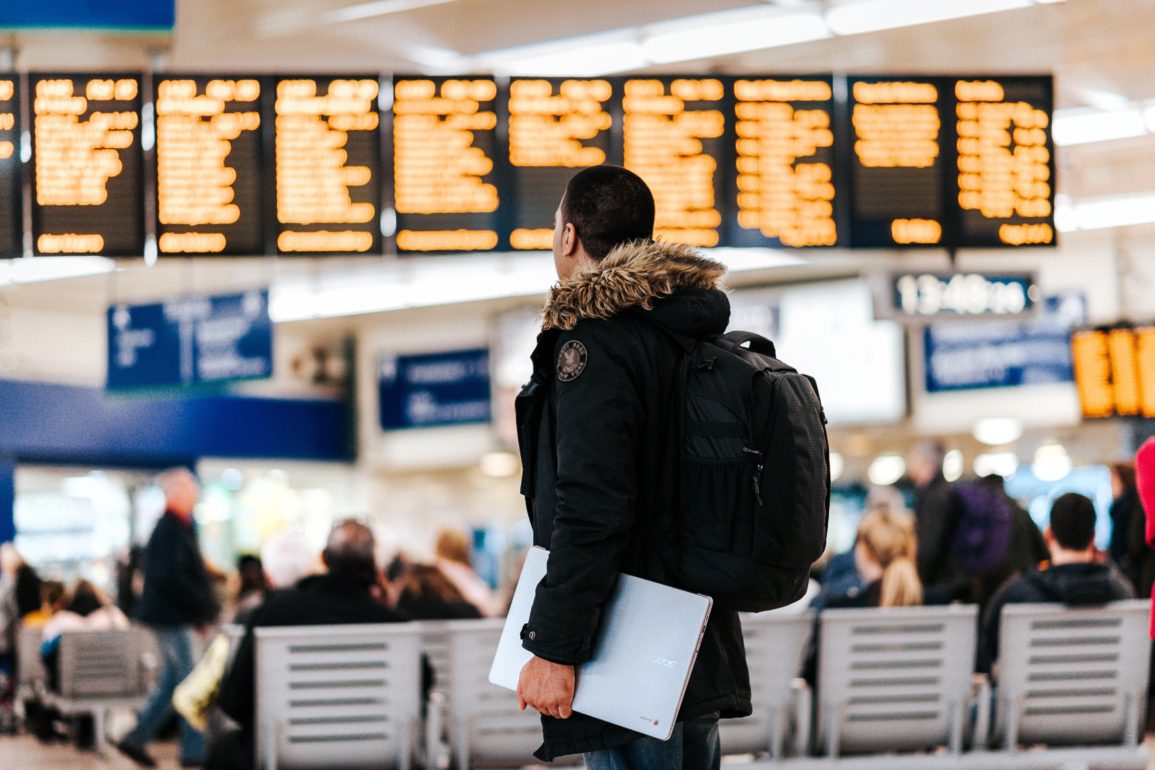Earlier this year I returned from a two-day meeting on the West Coast. The schedule was reasonable and the travel, this time, was easy.
Still, it took me an entire week to recover. It didn’t use to be like this. Maybe I’m getting old?
Although business travel can be exciting and even fun, it is a surprisingly profound stressor on the body, mind, emotions, and spirit.
We’re rushing to make flights, waiting in lines, suffering through flight delays, and subjected to surly flight attendants and annoyed fellow passengers. Then we have to sit still for hours, while flying through the air in a metal tube. On arrival, we need to adjust to time differences, hotel rooms, and disrupted routines. We’re separated from our families, friends, and the comforts of home.
Because of this increased stress and altered schedule, we tend to sleep less soundly and for fewer hours. We work out less, eat poorly, and often drink more alcohol than usual. All of which, of course, adds to our stress.
None of this would be a problem if we were on vacation, just hanging out on the beach. But when we travel for business, our performance really matters. We might need to make a powerful first impression, or sell something, or make important decisions with others.
Like athletes traveling to a competition, we have to perform not only well, but at a higher level than usual.
So, if we have to perform like athletes, shouldn’t we travel like them?
I used to be a ski racer. On our way to competitions, we traveled in much less comfort than I do now, but I experienced a lot less wear and tear as a result. That’s in part because I was younger and more resilient, but much of it was the way I traveled back then.
As an athlete, my travel regimen started three to five days before my race trip. I made sure that I slept at least eight hours each night. I ate consciously, exercised moderately, and meditated religiously. I drank lots of water, but no alcohol.
But as a business traveler? Even before my trip starts, I lose sleep because I’m trying to finish work, prepare for meetings, and cross things off my to-do list before I get on the plane. And once I’m en route, I encounter unhealthy food everywhere — airport lounges, hotels, meeting rooms. And when my energy lags or I start to feel stressed, I grab one (or five) cookies. It’s a downward spiral, of course: the more sugar I eat, the more I crave, the more I eat. It takes a severe toll on my body. Just like the late-night dinners with excellent, and generously flowing, wine.
As a skier, I arrived at the mountain as early as I could, knowing that rushing would take me off my game. I didn’t mind the wait; it was psychological preparation time. Being relaxed was a competitive advantage. When I’m traveling for work, I try to minimize travel time. I arrive just in time for my flight, and book flights that arrive just in time for my meetings or events. Efficiency is my mantra. Which, unfortunately, means that rushed is my routine.
When I was a skier, travel meant more discipline. For business travelers, it’s easy to fall into the “special occasion” trap. How often, we say to ourselves, do I meet with these colleagues? The dinner is so lavish, the wine so good! I shouldn’t hold back. It’s just this time. That’s reasonable if you travel once or twice a year. But for many of us, these special occasions come around a few times a month or more. It’s easy for “special occasions” to morph into a regular and unsustainable lifestyle.
In other words, I’m not taking a week to recover from a short business trip because I’m old. The way I’m traveling is making me old.
Once I realized that the key to traveling like an athlete is having the discipline of an athlete, I started to change my behavior.
Now, I skip some of that delicious food and fabulous wine. I give myself enough time to arrive early at the airport or the meeting.
It’s hard to check in to a hotel late at night, exhausted and stressed, and not switch on the television and eat the chocolate chip cookie that’s been left for me.
But an athlete would resist — and now, most of the time, so do I.

